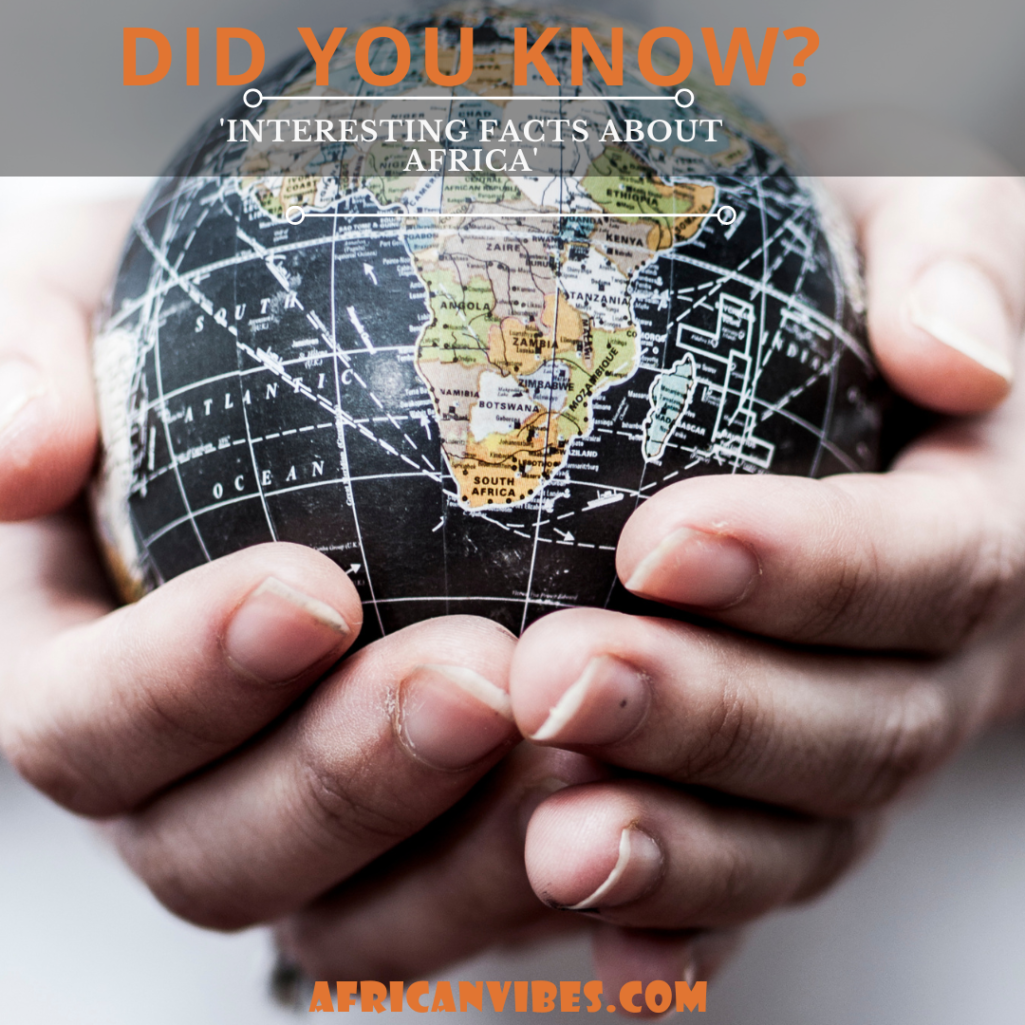A Dynasty in the Making? Uganda’s Presidential Legacy and the Rise of Gen. Muhoozi Kainerugaba

Muhoozi Kainerugaba’s rise as Uganda’s military chief ignites discussions on leadership, democracy, and the nation’s future. In a significant political development that has captured the attention of both national and international observers, Uganda’s longstanding President Yoweri Museveni has made a controversial decision to appoint his son, Gen. Muhoozi Kainerugaba, as the top commander of the country’s military forces. This move has intensified speculation about the future of governance in Uganda, a nation with a complex history of leadership transitions since gaining independence in 1962.

The Appointment: A Strategic Move or Nepotism?
President Museveni’s decision to elevate his son to one of the most powerful positions in the Ugandan military is seen by many as a clear sign of nepotism and the potential establishment of a political dynasty. Gen. Muhoozi Kainerugaba, who has recently been involved in various public engagements and the formation of the Patriotic League of Uganda, is stepping into a role that is pivotal not only for the military’s function but possibly for the future political landscape of Uganda.
Kainerugaba’s Political Ambitions and Activities
Despite laws that prevent serving military officers from participating in partisan politics, Kainerugaba has been actively holding rallies across the country. He claims that his actions, including the launch of the Patriotic League of Uganda, are aimed at fostering patriotism rather than serving political ends. However, his activities have raised eyebrows, especially as two of his closest advisors have been assigned ministerial positions in a recent government reshuffle, hinting at President Museveni’s support for his son’s burgeoning political career.
The Road to 2026: Uganda’s Presidential Election
With Uganda’s next presidential election slated for 2026, the speculation around Kainerugaba’s rise points to a significant moment in the country’s political narrative. Observers note that Kainerugaba’s allies are strategically placed in command positions across the security services, suggesting a careful orchestration of influence and power as the country inches closer to another electoral milestone.
The “Muhoozi Project”: Fact or Fiction?
The term “Muhoozi Project” has been coined by critics to describe what they perceive as a deliberate plan to prepare Gen. Muhoozi Kainerugaba for the presidency. Both Museveni and Kainerugaba have denied such ambitions, yet the general’s accelerated career path and his recent appointment have done little to quell these theories. Kainerugaba’s previous roles, including his time as a senior presidential advisor and commander of special forces, underscore his central position within Uganda’s power structure.
Gen. Muhoozi Kainerugaba- A Legacy of Controversy
Gen. Kainerugaba’s military and political career has not been without controversy. Notably, his use of social media to make provocative statements, including a threat to capture the capital of a neighboring country, has drawn criticism and concern. Such actions have prompted discussions about his suitability for higher office and the implications of his behavior for Uganda’s domestic and international relations.
The Quest for a Peaceful Transfer of Power
Supporters of Kainerugaba argue that his leadership could offer Uganda the chance for a peaceful transfer of power, something the country has yet to experience since independence. However, opposition leaders and critics fear that his ascendancy marks a step towards hereditary rule, undermining democratic principles and potentially setting the stage for future instability.
ALSO READ: Mitumba No More: Uganda’s Ambitious Second-hand Clothing Ban
Museveni’s Enduring Reign
President Yoweri Museveni’s tenure, which began in 1986, has been characterized by both achievements and criticisms. As he serves what could be his last term, the question of succession looms large. Museveni’s lack of a clear rival within the ruling National Resistance Movement party and the strategic placement of his son in the military hierarchy have fueled speculation about the future leadership of Uganda.
The Implications for Uganda’s Democracy
The appointment of Gen. Muhoozi Kainerugaba as the top commander of the Ugandan military raises profound questions about the state of democracy in Uganda. With a history of political turbulence and contested transitions, the unfolding situation invites a critical examination of the processes through which power is acquired, held, and transferred within the country.
ALSO READ: Signs TV Uganda Is Bringing Vital News To The Deaf Community
Looking Ahead: Uganda’s Political Future
As Uganda moves towards the 2026 presidential election, the dynamics within the ruling National Resistance Movement and the broader political landscape will be closely watched. The evolution of Gen. Kainerugaba’s role and his father’s legacy will undoubtedly play a pivotal role in shaping the country’s future.
Conclusion: A Nation at a Crossroads
Uganda stands at a critical juncture, with the recent appointment of Gen. Muhoozi Kainerugaba signaling potential shifts in the country’s political and military spheres. As debates about the implications of this move continue, the eyes of the world are on Uganda, awaiting the next chapters in its ongoing story of governance, leadership, and the quest for a stable and democratic future.







Responses